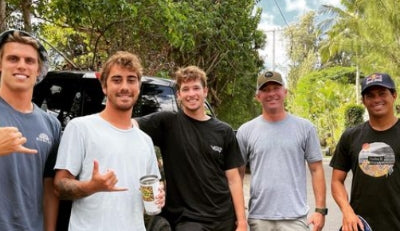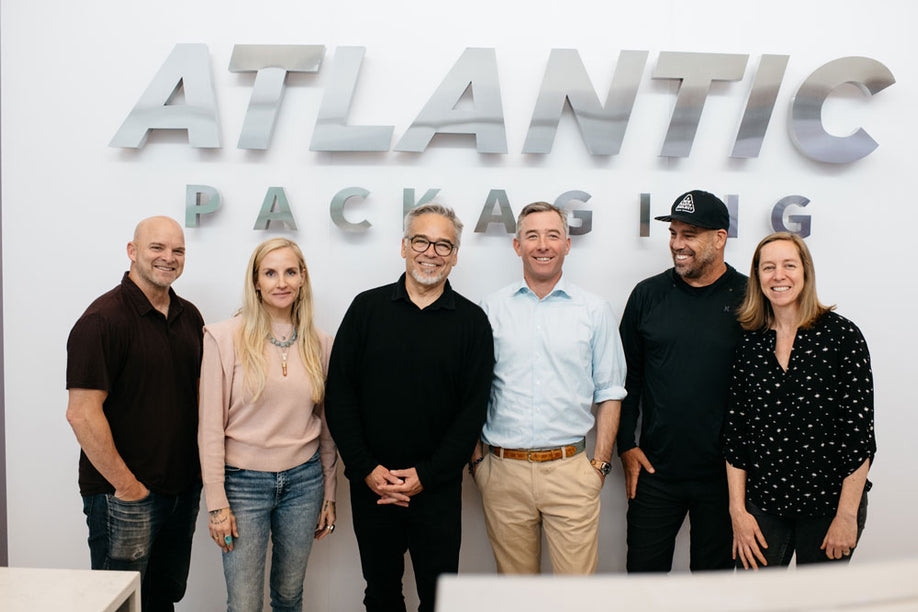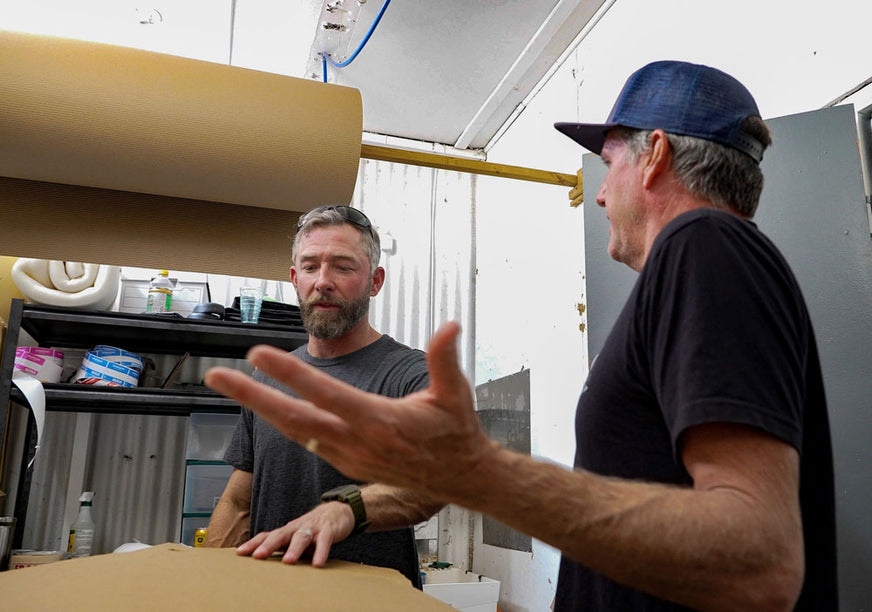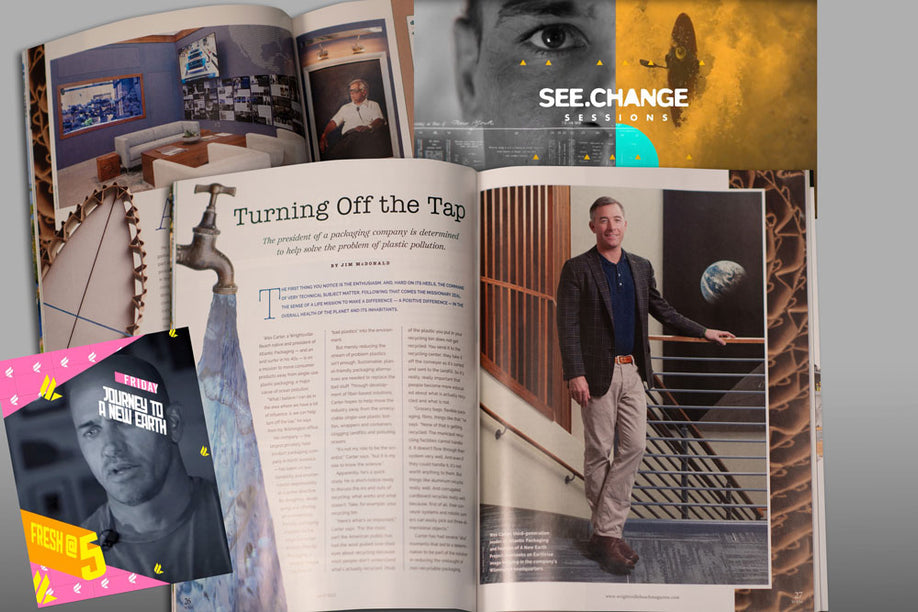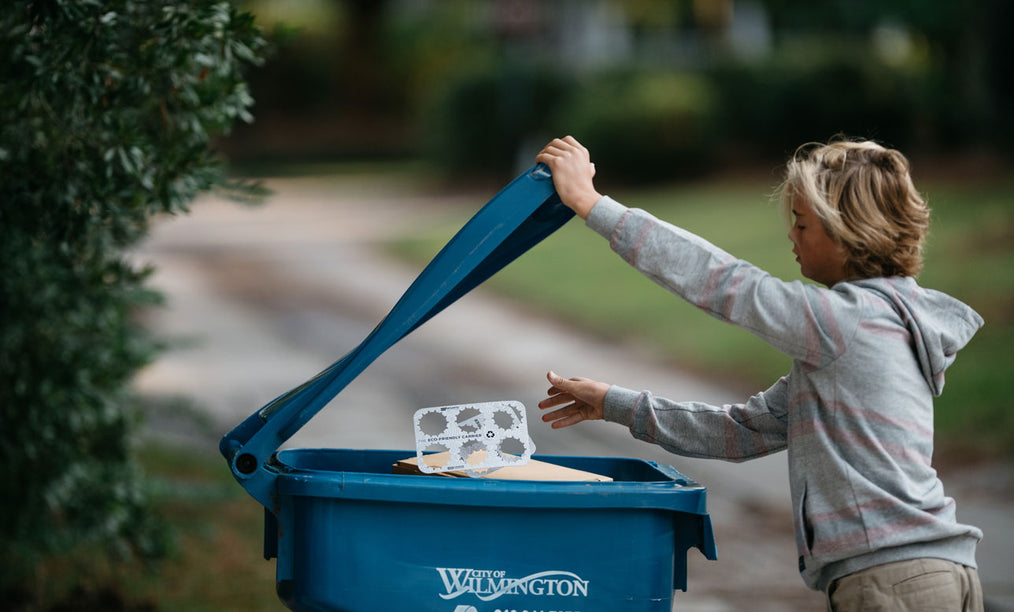As awareness of California's landmark Extended Producer Responsibility (EPR) bill starts to spread among producers, a significant shift looms for those involved in producing packaged goods. With nine additional states considering similar legislation in 2024, the momentum for change is unmistakable.
For businesses engaged in the sale of packaged goods, now is the time to reevaluate your packaging practices. Although it's not guaranteed that all proposed bills will pass within the year, the push for EPR policies is gaining ground.
Dylan de Thomas, Vice President of Public Policy and Government Affairs at The Recycling Partnership, shared insights with Marissa Hefferman of Resource Recycling. “I’m super confident that we’re going to see three to six bills pass in the next one to three years,” he said. “It’s just hard to predict which session they’re going to pass.”
Before California's comprehensive legislation, Colorado, Maine, and Oregon had already adopted EPR laws. Currently, Illinois, Massachusetts, Minnesota, New Jersey, New Hampshire, New York, Rhode Island, Tennessee, and Washington are exploring similar measures.
EPR is gaining traction as an effective solution to the United States' faltering recycling system. It transfers the responsibility for end-of-life product management from local governments and taxpayers to the producers, encouraging the creation of more sustainable products, waste reduction, and enhanced recycling rates.
California, as the world's fifth-largest economy, is leading the way with its ambitious Plastic Pollution Reduction and Producer Responsibility Act, SB-54, which passed in 2022. Years from now, that sweeping bill is likely to be seen as the pivotal moment in the battle against plastic pollution.
With the bill's implementation phase underway, the impacts of things like material fee structures will undoubtedly shape recycling efforts across other states.
California's SB-54 mandates that producers finance and execute plans to boost the state's recycling and composting rates, led by a Producer Responsibility Organization (PRO) that reflects the market's material diversity. Circular Action Alliance was selected in January to spearhead the PRO, tasked with formulating a CalRecycle-approved plan.
The law incentivizes the use of recyclable materials with robust end markets, while materials not widely recycled or composted may incur higher fees, diminishing their market competitiveness. Circular Action Alliance, under CalRecycle's supervision, will define fee structures, thereby directing California's ambitious recycling efforts, dubbed Recycling 2.0.
Funds generated by the PRO will be channeled into modernizing California's recycling infrastructure, standardizing collection and sorting rules, fostering viable markets for recycled materials, educating the public, and aiding communities affected by plastic waste.
Businesses in California should proactively address this impending shift, which will significantly affect their operations in the coming years.
A New Earth Project stands at the forefront of promoting sustainable packaging. Our daily endeavors assist brands in selecting and adopting the most sustainable packaging solutions for their needs. Supported by the expertise of Atlantic Packaging, North America's largest privately-owned industrial-packaging solutions provider, we guide brands of all sizes in optimizing their packaging to meet future sustainable demands.
Wes Carter, founder of A New Earth Project and president of Atlantic Packaging, was recently appointed by Cal Recycle to the Advisory Board of SB-54, which means we'll be at the center of the action as Cal Recycle and Circular Action Alliance forge ahead on this important movement.
With increased regulatory focus on packaging, there has never been a better time to prepare, and we are here to assist. Regardless of which way things go, we'll be in the know, and will help you navigate the best possible options for your business and the planet.
